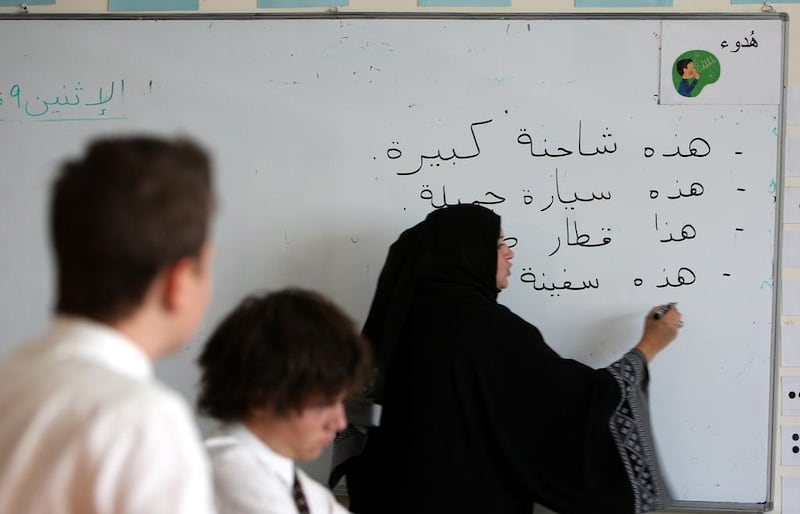Why is mother tongue-based multilingual education important? It’s a question I’ve been asked often over the past five years in my role as the coordinator of the Asia Multilingual Education Working Group, which advocates removing barriers to quality education for ethnolinguistic minorities in Asia.
Let me begin with my story.
The first day of school after my family emigrated from South Korea to Canada was the most frustrating and alienating experience I had ever had. I felt like I was lost on another planet. I could hear my teachers and classmates but couldn’t communicate with them. Once an active and talkative student, I grew quiet and shy. School was no longer a fun place and I felt excluded most of the time.
A few months later, I started to make progress. Using my strong reading and maths skills in my mother tongue, Korean, I was able to translate and convert concepts and catch up on learning in English. With support from my teachers, classmates and parents, I slowly started to speak in English and raise my hand in the classroom. Finally, I felt a sense of belonging at school and in Canadian society.
“Inclusive education through and with language – language matters” is the theme of this year’s International Mother Language Day, to be held on Saturday. It resonates with my experience and it speaks to the challenges faced by the 2.3 billion people worldwide who don’t have access to education in their mother tongue. For many of them, the barriers I faced are exacerbated by poverty and other factors.
Language is a key to inclusion. If children cannot understand, they won’t learn. Even if children from ethnolinguistic minorities manage to enrol in school, they are often unable to follow classroom instruction and end up being pushed out of the education system. This results in further marginalisation and exclusion from society.
When language barriers are combined with other marginalising factors such as gender, ethnicity, disability and geographical remoteness, the chances of children entering and completing basic education become very low. According to a recent Unesco Institute for Statistics report, children from marginalised groups in Bolivia, Ecuador, India and Laos, for example, are two to three times less likely to be in school.
Looking back on my own experience, I realise that the crucial factor in successfully transitioning from one language – and one education system – to another was the grounding I had in my mother tongue.
During my six years of primary education, I developed a strong understanding of concrete and abstract ideas, learning vocabulary and concepts that were transferable to my second language. Without this foundation, it would have been extremely difficult for me to become functionally bilingual and continue my education.
Research has increasingly shown that teaching in a mother tongue early in school helps reduce dropout rates and makes education more engaging for marginalised groups. Children who benefit from mother tongue-based-multilingual education (MTB-MLE) also perform better in their second language.
When I was studying in my mother tongue, my parents took a more active role in my learning than they were able to after we emigrated. This parental engagement is important for children’s intellectual and social development and is a good indicator of student survival rates. Parents of ethnolinguistic minority students are often unable to provide this support.
MTB-MLE programmes also bridge the gap between the culture at home and the one at school and in mainstream society. They not only improve learning, they also broaden outlooks, increase tolerance and foster a respect for cultural diversity. These programmes are also effective in promoting a culture of peace and building equitable and inclusive societies.
Multilingual education initially costs more than monolingual education. However, the long-term benefits far outweigh the initial investment. Monolingual education is not sustainable in multilingual nations, and thus MTB-MLE programmes are likely to result in considerable savings over the long term, while also tapping the previously untouched potential of billions of students.
Kyungah Kristy Bang is the project officer for Multilingual Education at Unesco Bangkok





